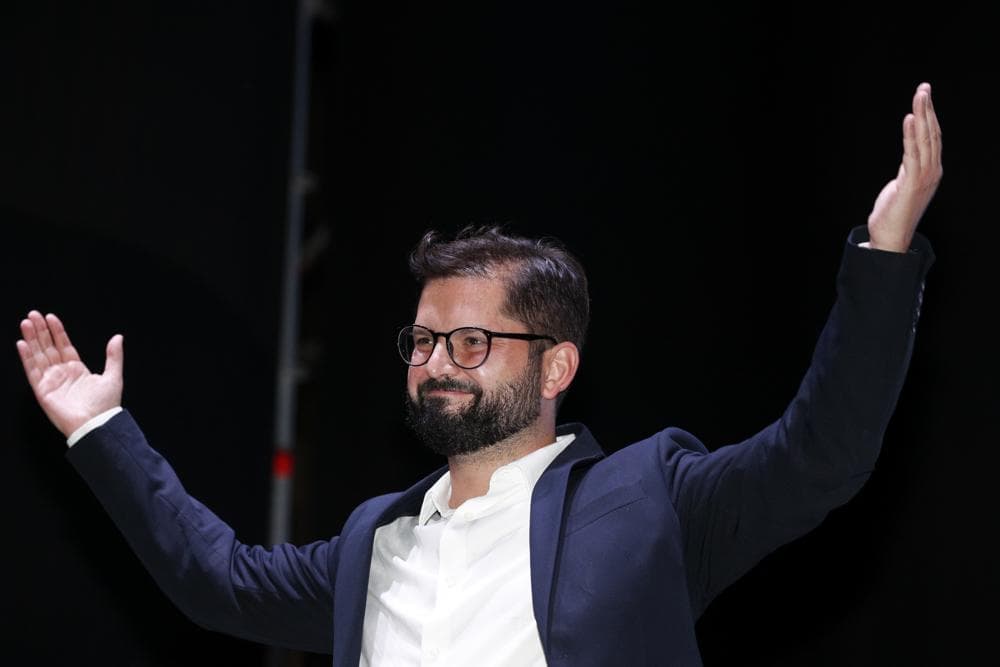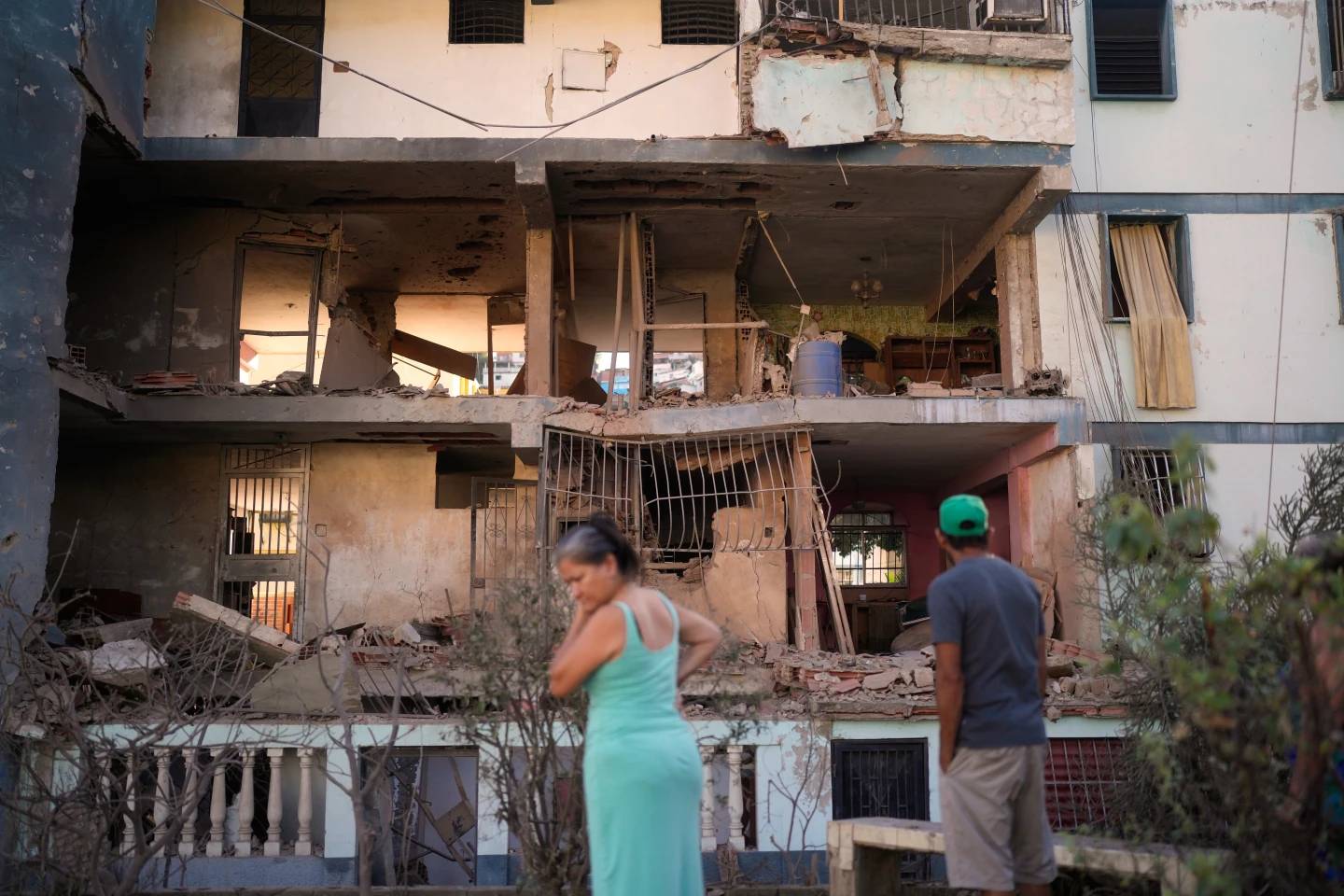ROME – Gabriel Boric, a leftist millennial who rose to the national stage during a series of student protests, was elected Chile’s new president on Sunday, defeating his right-wing populist opponent Jose Antonio Kast by more than 10 percent of the vote.
Kast, a devout Catholic father of nine has a history of defending Chile’s past military dictatorship, emerged from the far right after getting less than eight percent of the vote in 2017. Relying on a divisive discourse that has proven effective in many countries – with anti-migrant rhetoric and emphasizing traditional family values – he had finished ahead of Boric by two points in the first round of voting last month, but failed to secure a majority.
The bishops of Chile were quick to congratulate the winner, who will assume the presidency in March.
“The country has expressed a vote of confidence in you and entrusted you with a great mission, destined to direct the destiny of our country as the first authority and first servant,” says the message released Sunday night.
“We pray to God to give you his wisdom and strength, which you will undoubtedly need,” reads the statement signed by Cardinal Celestino Aos Braco, Archbishop of Santiago, the country’s capital, and president of the bishops’ conference.
“The mission is always greater than our possibilities and capacities, but we trust that – with the collaboration of the citizens, the work of the various social and political actors, and the spiritual strength that comes from faith and the deepest human convictions – you will be able to face his task with generosity, commitment and prudence,” the bishops said.
“The Catholic Church on pilgrimage in Chile wants to continue contributing, from its particular mission, to build a more just and fraternal humanity, where especially the poor and the suffering are respected in their dignity,” continues the statement. “Count on our support and prayer, and on the contribution of our pastoral action, which we will always develop with due respect for the democratic order of our country and its legitimately elected authorities.”
During his presidency, Boric will play a key role in helping shape a new legal framework for Chile, currently undergoing the process of re-writing its constitution. The current one dates back to the military dictatorship of Augusto Pinochet. The decision to re-write it with a constitutional assembly came after an October 2020 referendum.
Boric, 35, will become Chile’s youngest modern president when he takes office. He was elected to Congress in 2014, following nationwide protests for higher quality education. On the stump, he vowed to “bury” the neoliberal economic model left by Gen. Augusto Pinochet’s 1973-1990 dictatorship and raise taxes on the “super rich” to expand social services, fight inequality and boost protections for the environment.
Though in the past decades Chile was considered among the most stable countries of Latin America, protests beginning in 2019 showcased the deep inequality that characterized the nation’s development. The civil uprising often turned violent, leading to outgoing President Sebastian Pinera to go as far as to say that the country was “at war” to justify deploying the military.
Amid a crush of thousands of supporters in downtown Santiago, Boric began his victory speech in the indigenous Mapuche language.
“We are a generation that emerged in public life demanding our rights be respected as rights and not treated like consumer goods or a business,” the president-elect said. “We know there continues to be justice for the rich, and justice for the poor, and we no longer will permit that the poor keep paying the price of Chile’s inequality.”
Boric’s ambitious goal is to introduce a European-style social democracy that would expand economic and political rights to attack nagging inequality without veering toward the authoritarianism embraced by so much of the left in Latin America, from Cuba to Venezuela, and also avoid the authoritarian streak that has characterized the other millennial to lead a country in the region: El Salvador’s Nayib Bukele.
During the campaign trail he set up an ambitious agenda, including empowering women and fighting climate change. The president-elect plans on blocking a proposed mining project in what is the world’s largest copper producing nation.
Follow Inés San Martín on Twitter: @inesanma













